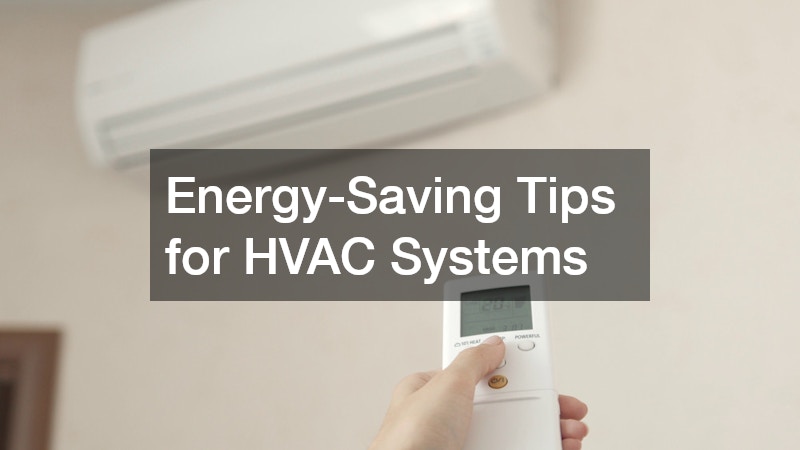In this article, we will explore the most common HVAC repair issues and discuss effective strategies for preventing them. By understanding the root causes of these common problems, you can save time, money, and ensure the longevity of your HVAC system. Proper maintenance and timely intervention can significantly reduce the need for costly repairs and foster more efficient operation.
HVAC System Not Cooling Properly?
Causes of Ineffective Cooling
Ineffective cooling is a common concern among homeowners, often resulting from several underlying issues. One major cause is refrigerant leaks, which can severely reduce the system’s ability to cool space efficiently. Another frequent cause is blocked vents, which restrict air flow and result in uneven cooling across different areas.
Additionally, dirty filters are notorious for causing inadequate cooling. When filters become clogged with dust and debris, they impede the system’s airflow and can even lead to overheating. A regularly scheduled maintenance routine is essential to address these issues promptly.
Refrigerant leaks not only affect cooling efficiency but also have environmental implications. It’s important to repair leaks swiftly and ensure the refrigerant levels are maintained according to manufacturer guidelines. Checking and cleaning filters at intervals align with these proactive measures to maintain effective cooling.
Preventive Measures for Cooling Issues
To prevent cooling issues, it is crucial to adopt a comprehensive maintenance plan for your HVAC system. Regular maintenance, including inspecting and recharging refrigerant levels, ensures that small issues are caught before they escalate. Annual servicing by a qualified technician is another effective preventive measure.
Replacing filters every one to three months, depending on use and manufacturer recommendations, helps maintain optimal airflow and cooling efficiency. Regular checks to ensure vents are open and unblocked also contribute significantly to consistent cooling. Encouraging airflow by keeping doors and vents clear can preemptively solve potential cooling problems.
HVAC System Making Unusual Noises?
Common Causes of HVAC Noise
Unusual noises from an HVAC system typically indicate potential mechanical issues that require immediate attention. Loose parts, for instance, may rattle or produce a clanging sound, suggesting that components need to be tightened or repaired. Debris infiltrating the system can also lead to abnormal sounds, especially if there is contact with the blower or fan blades.
Another common cause of HVAC noise is worn-out components, such as bearings and belts, becoming dislodged or frayed. These can produce grinding or squealing sounds when the HVAC system is in operation. Regular inspections can identify worn parts early, preventing unexpected breakdowns.
How to Eliminate and Prevent HVAC Noise
Identifying the source of the noise is the first step in eliminating and preventing HVAC noise. Routine inspections by professionals can often reveal underlying issues like loose parts, which can be tightened to silence them. Addressing these issues sooner can avoid more serious damage or failure.
The proper installation of your HVAC system is vital in preventing unnecessary noise. Ensuring that all components are securely fastened and supported reduces vibration and noise. In addition to a proper installation, ensuring that routine maintenance is performed can keep parts in good condition and operating quietly.
To minimize debris in the system, regularly check and replace filters, and inspect ducts for cleanliness. Protect the outdoor unit from the elements to prevent debris from entering and causing noise. Together, these strategies help maintain a quiet, efficient HVAC system.
Why is My Energy Bill So High?
Factors Leading to Increased Energy Consumption
An unexpectedly high energy bill can often be traced back to an inefficient HVAC system. Poor insulation within a home forces the HVAC system to work harder, leading to increased energy consumption. Outdated equipment lacking the latest energy-efficient technology also consumes more power than necessary.
Another contributor to high energy costs is frequent cycling, where the HVAC system turns on and off too often due to incorrect sizing or thermostat issues. This can result in extensive wear and tear, further inflating energy usage. A thorough evaluation by a professional can help pinpoint and resolve these inefficiencies.
Routine maintenance not only improves energy efficiency but also extends the lifespan of your system. Updating old HVAC systems to meet current efficiency standards can decrease energy usage significantly. Simple home improvements, like sealing leaks and installing better insulation, directly impact how much energy your HVAC system uses.
Energy-Saving Tips for HVAC Systems
To enhance the energy efficiency of your HVAC system, consider upgrading to equipment that meets or exceeds today’s energy standards. Modern units often feature technologies designed to optimize energy use and reduce waste. Investing in these advanced systems pays off in lower energy bills over time.
Thermostat management is another crucial aspect of reducing energy costs. Programmable thermostats allow for automated temperature adjustments based on occupancy and time, reducing the system’s load when full operation is unnecessary. Utilizing smart thermostats can further enhance efficiency by learning your schedule and preferences.
By identifying and addressing common HVAC repair issues proactively, homeowners can extend the lifespan of their systems and maintain optimal performance. Regular inspections and maintenance play vital roles in prevention, enabling both cost savings and comfort throughout the year. Implementing preventive strategies not only helps avoid inconveniences and high repair costs but also contributes positively to overall energy efficiency.
